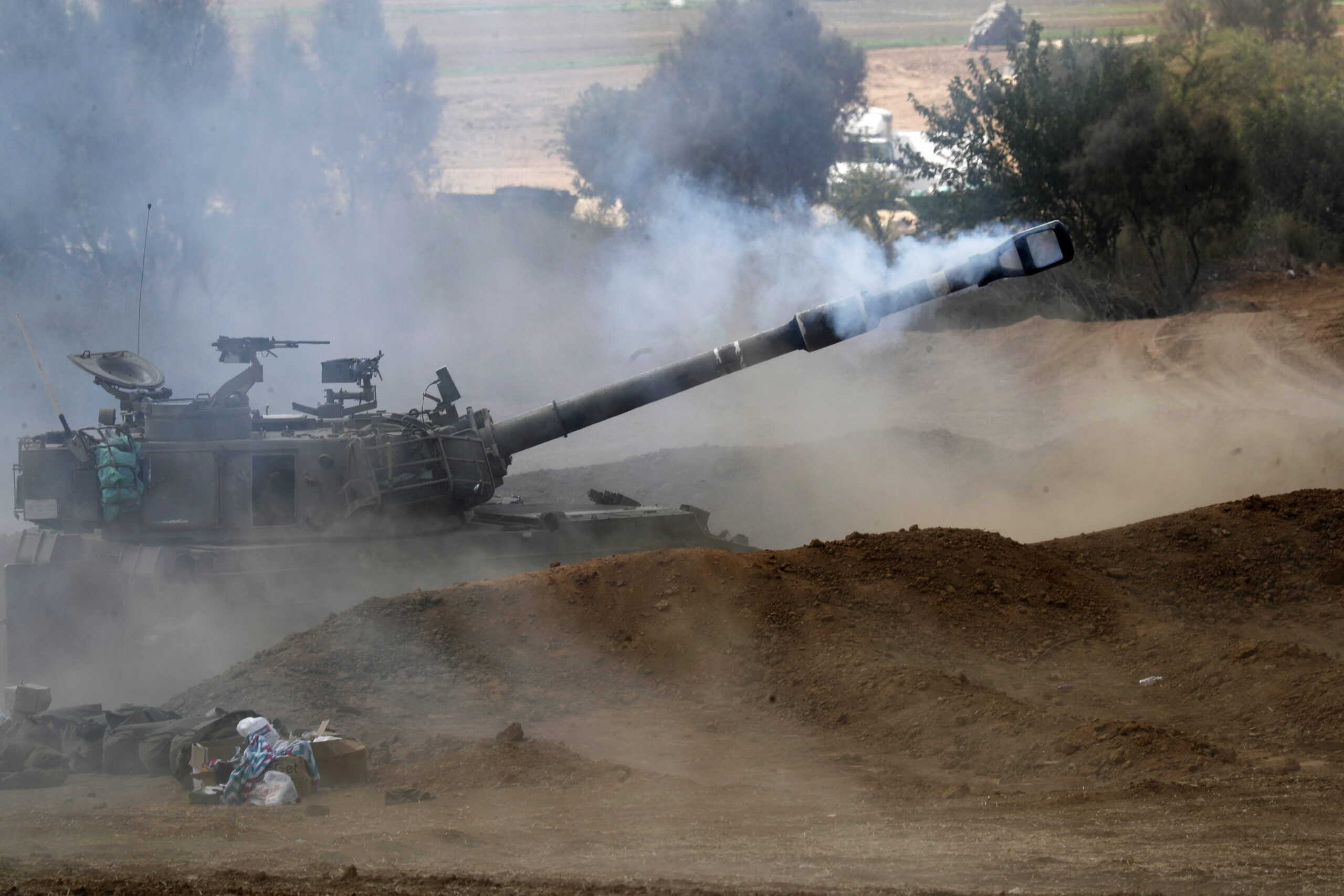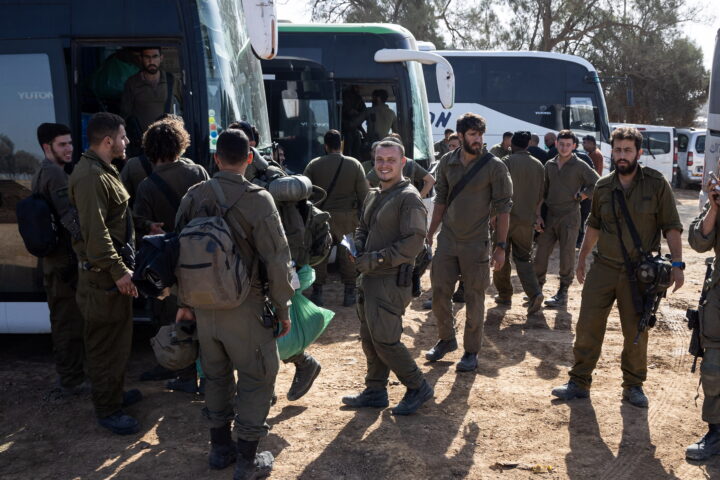As usual, it came without warning, another bitter conflict on Cyprus’ doorstep threatening to spill across the region and destabilise the economy.
Hamas gunmen went on the rampage in southern Israel, slaughtering hundreds and firing thousands of missiles.
Reeling from the shock, Israel has responded with a severity of force that is relentless and overwhelming in what appears to be an air offensive to flatten Gaza.
What happens next is even more concerning.
Will the fighting spread to Lebanon as Hezbollah seizes an opportunity to attack Israel as it fights on another front?
Israel is building an arms offensive for ground troops to enter Gaza to weed out Hamas fighters.
Analysts argued this is the kind of guerilla combat among the rubble that Hamas would relish as it seeks to inflict more casualties on Israeli forces.
Others argue that no definitive battle will degrade the militant terror tactics because Hamas is also a cultural, political and religious organisation rooted in hardcore ideology that cannot be blown away with missiles.
The people of Israel are hurting; they have witnessed blood on the streets, and their sense of security shattered as militants infiltrated their homes.
Made to feel safe from Middle East politics, their government was unfathomably caught sleeping as Hamas organised an unprecedented brutal attack on civilians.
How did the intelligence service miss this with its touted world-class surveillance-gathering capabilities?
The Egyptians allegedly told them that “something big” would happen but ignored the information, although Netanyahu has denied this.
With Israel declaring that October 7 was their 9/11, their response would inevitably be of the sledgehammer variety.
And Gaza is now feeling the brunt of that rage with an incessant bombing campaign in one of the world’s most densely populated places, with more than 2 million people crammed into 140 square miles.
Around 1.1 million residents have been told to move south, but there are no roads, no bombs, shelters, no hiding places.
Warplanes have pounded Gaza with airstrikes, reducing neighbourhoods to rubble that killed over 1,799 people, including 583 children, and injured 7,388.
This retaliation came after Hamas militants breached the heavily fortified border in a coordinated assault, indiscriminately killing men, women and children, taking hostages and killing over 1,300 people.
Old wounds created by the Palestinian-Israel conflict have been allowed to fester while the hatred has deepened.
Bereft of hope
Hamas has been allowed to thrive because the Palestinians are bereft of hope and mired in desperation.
Ordinary Palestinians in Gaza played no role in the terrorist atrocities suffered by innocent Israelis, but they are the casualties of the bombing campaign.
Israel has a right to defend itself, but it also has a humanitarian obligation to the civilian population who suffered a 17-year blockade and now have no food, water or medicine.
Collective punishment will only cause further resentment, and for every Hamas fighter you take down, two will grow in their place.
In a world seemingly hell-bent on conflict-driven resolution, the only certainty is that the pain and suffering will continue until it doesn’t.
Israel is confident it can defeat the enemy, but that enemy has no qualms about civilian casualties.
Cyprus has assisted as a transit hub for evacuating foreign nationals out of Israel, and it fears that thousands more may seek refuge if the war spills into Lebanon.
What has happened to its close neighbour should also serve as a wake-up call in believing the status quo is better than resolving division and occupation.
Cypriots have been made refugees in their own land; there are no guarantees it won’t happen again unless you break down the barriers for peace.
Israelis trusted their army and defence forces; they thought nobody would dare take them on.
For now, how it was allowed to happen is less important than ensuring it does not happen again.
Fighting Hamas on its territory is fraught with danger, with a high risk of contagion that will negatively tilt the global economy.
It is of little consequence to Gazans, exhausted by poverty, who are trying to survive but have nowhere to run.
Without the prospect of reconciliation, the needless loss of life is both harrowing and soul-destroying.










